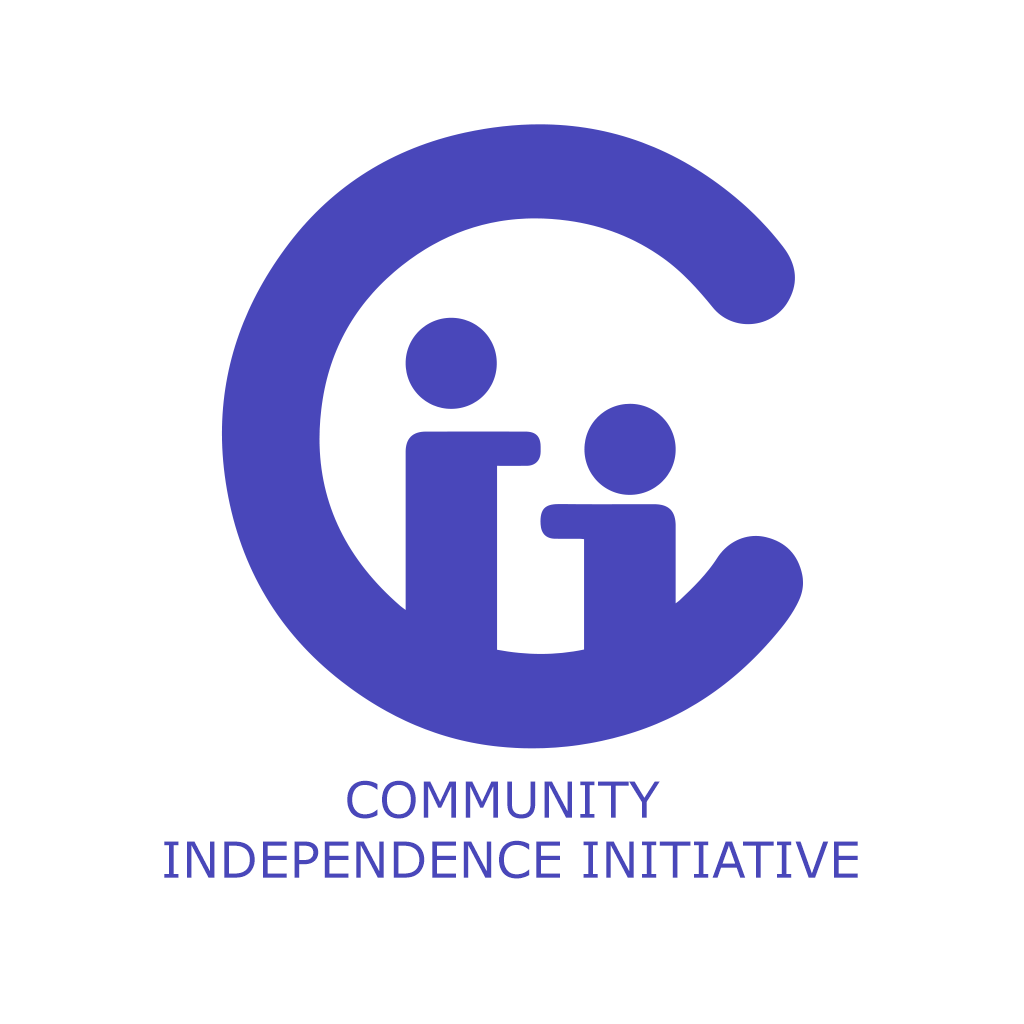Racism's Impact on Pride and Mutuality
In raising our children we know that pride in self and in community is the foundation from which they can build a good life. As I was growing up I had sensed the negative stereotypes aimed towards people like me that didn’t look like the white, well-off norm of American society. But my first encounter with a blatant racist was in the sixth grade when this white kid coming down the same side of the stairs at school slapped the books out of my arms yelling “Get out of my way Chink!” I was stunned that he seemed to hate me because I looked somewhat Asian, and additionally offended because I was actually Mexican. The hurt deepened because none of the other kids, almost all white, stopped to help me pick up my books. It crossed my mind that all the other kids might also hate me. But the most difficult thing to deal with was that he called me a “chink”. If he had called me a spik or dirty Mexican I could have handled it better since I was proud of being Mexican. But I had no defense for chink.
My mother and sister faced similar racist acts and though they were proud of being Mexican, they tried to hide their ethnicity when looking for jobs or housing. But since I did have Asian features I found I had to deal with the the racist views towards both Hispanics and Asians. In that period Asians were not considered the model minority: they were the yellow peril. But by the 70’s, China was starting to become a world power and my Asian friends really welcomed that even if it was not a democracy. China was proving that Asians were not genetically defective and were just as capable as westerners. Pride in culture added to pride in self.
So I wanted and still want Mexico to become a world power; actually seeing any Latin country compete with western countries bolsters me against continuing racism. But the negative stereotypes of Latin countries is nowhere near as bad as the paternalistic condescension towards African nations. Following a colonial mentality western funders continue to replace local village, mutual aid and peer support, with professionally staffed NGOs that are beholding to those funders for their sustainability. In the US the nonprofit sector has not closed the wealth gap, only made poverty tolerable if you fit their silo and eligibility criteria. The racism that bypasses the indigenous leadership, village or communal, is leading those seeking change to a reliance on professionally staffed NGOs who then become reliant on pleasing the funders, not the residents. And as in the US, those organizations will quell the population by making poverty more tolerable.
When diaspora from Liberia invited me to bring our bottom-up approach, not program, to their country, it was in the belief that if we honored and followed the lead of the residents themselves, that it could be proved that Africans can build Africa in whatever culturally relevant structures they choose. Below is what Liberians accomplished when their efforts were recognized and why Liberia can be the model for self-organized nation building.
Update on Liberia
– thru September, 2020
Torli Krua, diaspora from Liberia, was the first to initiate the Community Independence Initiative, CII, in Liberia, which is now being backed by Root Change. CII began collecting baseline data last fall to see what families were doing for themselves and each other and found that 97%, though only making $1.28 per day, were helping others more impoverished. Mutuality was alive and well; it was just under-resourced. CII decided to test what would result if we invested in Liberian entrepreneurship as we invest in more privileged entrepreneurs. In March 2020 CII invested $100 into each of the ventures presented by 90 participating families.
Six months after the investment, in spite of Covid-19, the sales of the ventures jumped 119%, from $136 per month to $298 in September and still climbing. These small businesses have created 181 jobs for others, a 103% increase from before the investment. At the start of the demonstration, each entrepreneur took home $1.28 per day after businesses expenses. After the investment that jumped 161% to $3.33 per day. Initially, the combined annual sales for these businesses added approximately $150,000 to the Liberian economy. After that small March investment those businesses will now add at least $330,000 to the local economy and create more jobs. CII provided no services or counseling. Believing and backing resident efforts, in whatever structure they choose, has led to a growing sense of mutuality, community and pride.
Liberia can become the global model for indigenous self-organized economic development. Join us in supporting this model on the Mutuality Platform that will be open to any group seeking to lead its own change.
Please share this posting and feel free to contact me directly at mauricio@mauriciomiller.org
To learn about the values behind the goal of establishing a society based on mutuality read The Alternative ...
Available at:
Please leave a review after reading
